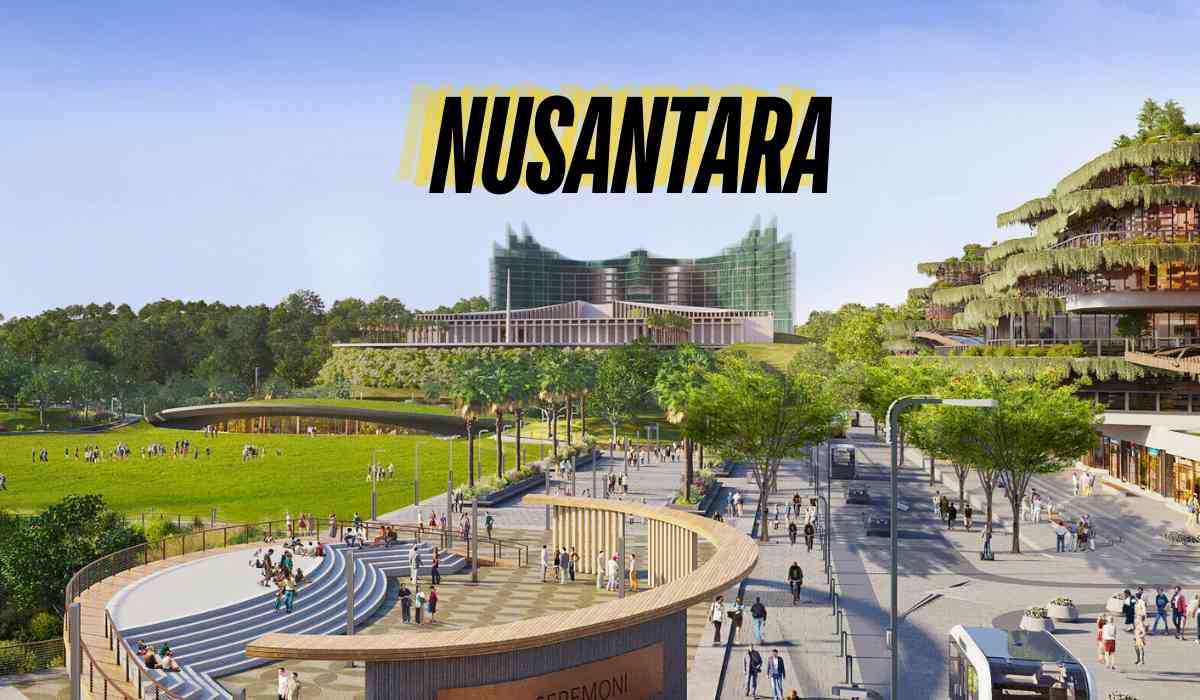Jakarta, Indonesia's sprawling capital, is facing a dire situation. Home to over 10 million people, this megacity is sinking at an alarming rate, with about 40% of its area now below sea level. Rising sea levels and increasingly severe rainfall, coupled with excessive groundwater extraction, have conspired to make Jakarta one of the world's fastest-sinking cities.
In response to this crisis, the Indonesian government has embarked on an ambitious plan to relocate the capital to a new city called Nusantara, situated more than 1,000 kilometres away on the island of Borneo.
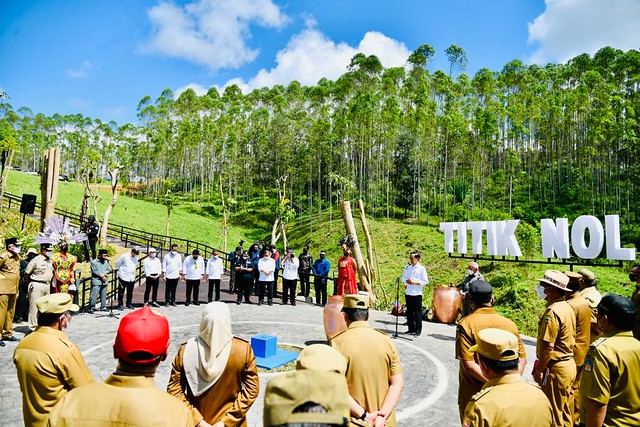
The New Capital: Nusantara
Nusantara, which roughly translates to "the outer islands", is being built from scratch on the eastern coast of Borneo. The project, estimated to cost £27 billion, aims to create a sustainable, high-tech city that can withstand the challenges posed by climate change.
Key features of Nusantara include:
1. Green design: 65% of the city will remain tropical forest, with plans for extensive green spaces and sustainable architecture.
2. Renewable energy: The city aims to be powered entirely by renewable sources by 2045.
3. Smart transportation: 80% of travel within the city will involve public transport or active mobility options like walking and cycling.
4. Digital connectivity: 100% digital connectivity is planned for all residents and businesses.
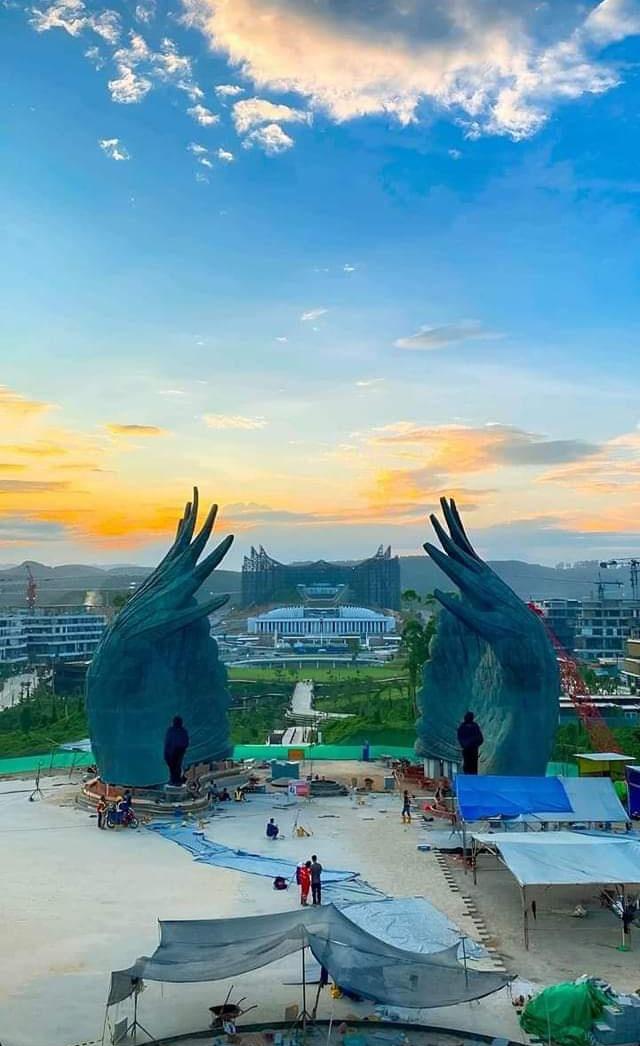
Challenges and Criticisms
While the plan for Nusantara is ambitious, it's not without its critics. Concerns have been raised about the environmental impact of building a new city in Borneo's rainforest, home to endangered species like the Bornean orangutan. Additionally, questions remain about funding sources for the project, with the Indonesian government committing to provide only about 20% of the necessary funds.
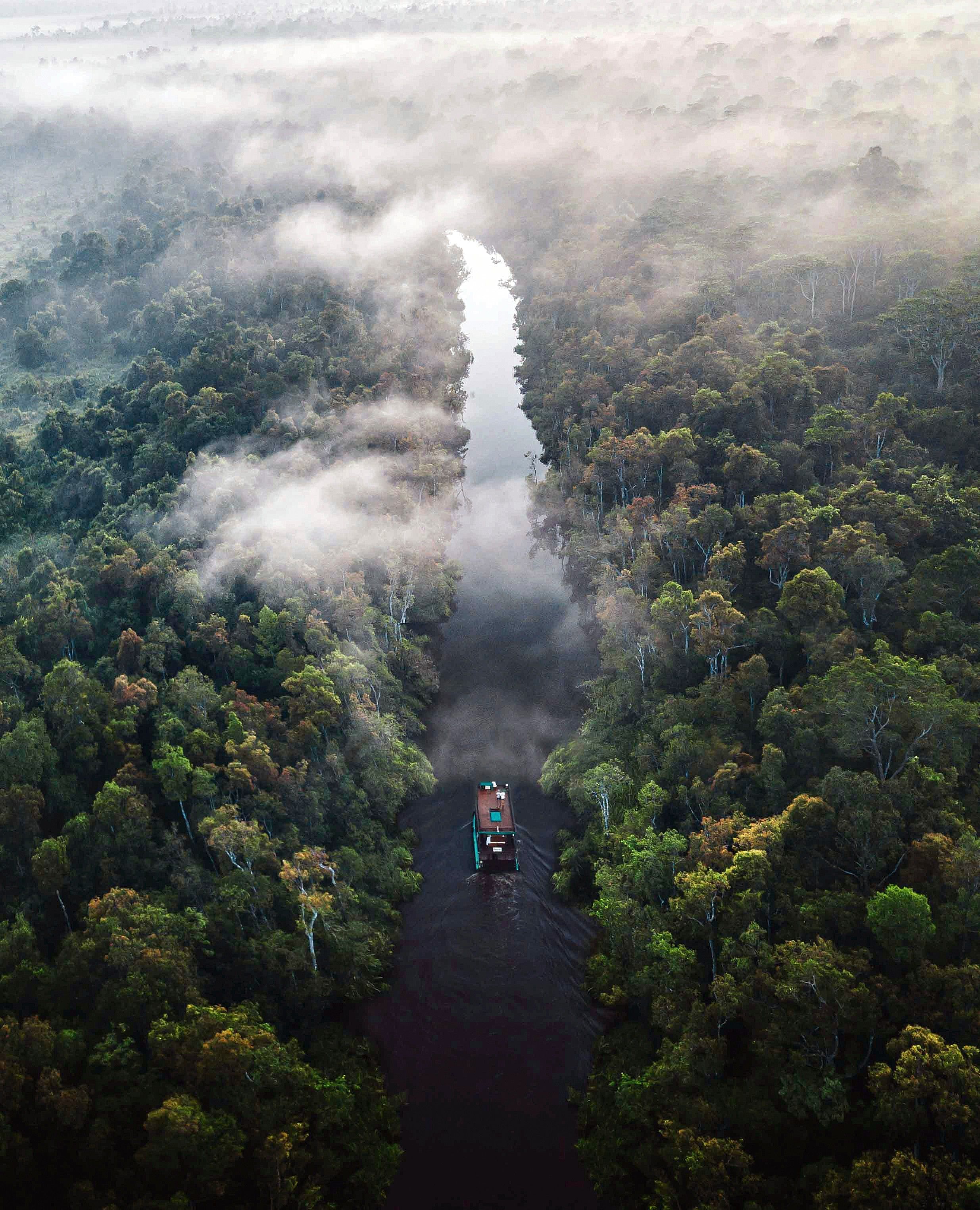
The Future of Jakarta
Despite the plans for relocation, Jakarta's problems will not disappear overnight. The city still faces significant challenges, including frequent flooding and poor air quality. Experts argue that efforts to "re-green" Jakarta and improve its infrastructure must continue alongside the development of Nusantara.
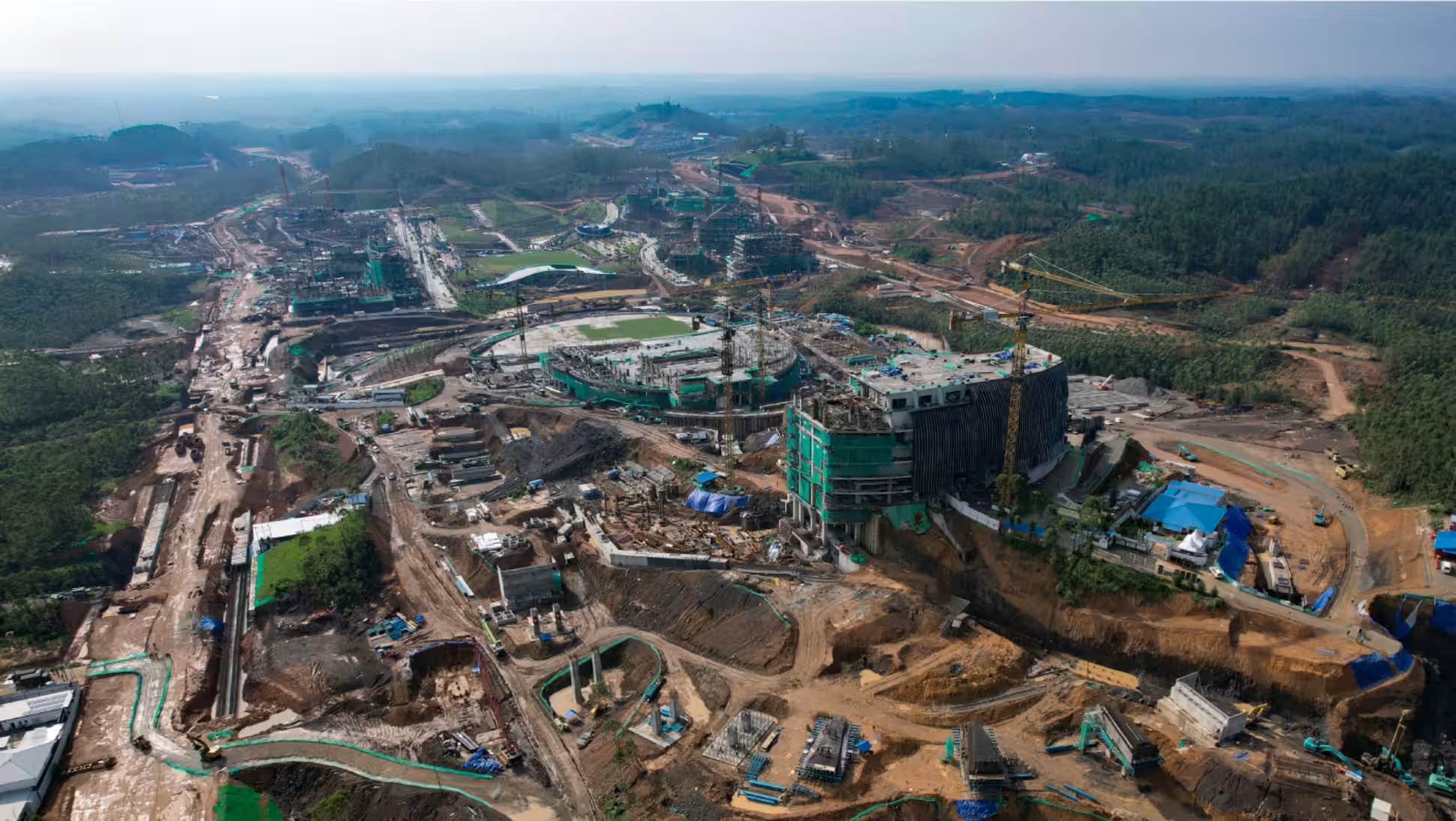
The Indonesian government aims to begin relocating some government workers to Nusantara by late 2024, but the full development of the city is expected to continue until 2045.

As world leaders grapple with the realities of climate change, Jakarta's story serves as a stark reminder of the challenges facing many coastal cities in the developing world. The success or failure of Nusantara could provide valuable lessons for urban planning and climate adaptation strategies worldwide.
Inputs by Agencies
Image Source: Multiple Agencies
Ⓒ Copyright 2024. All Rights Reserved Powered by Vygr Media.

